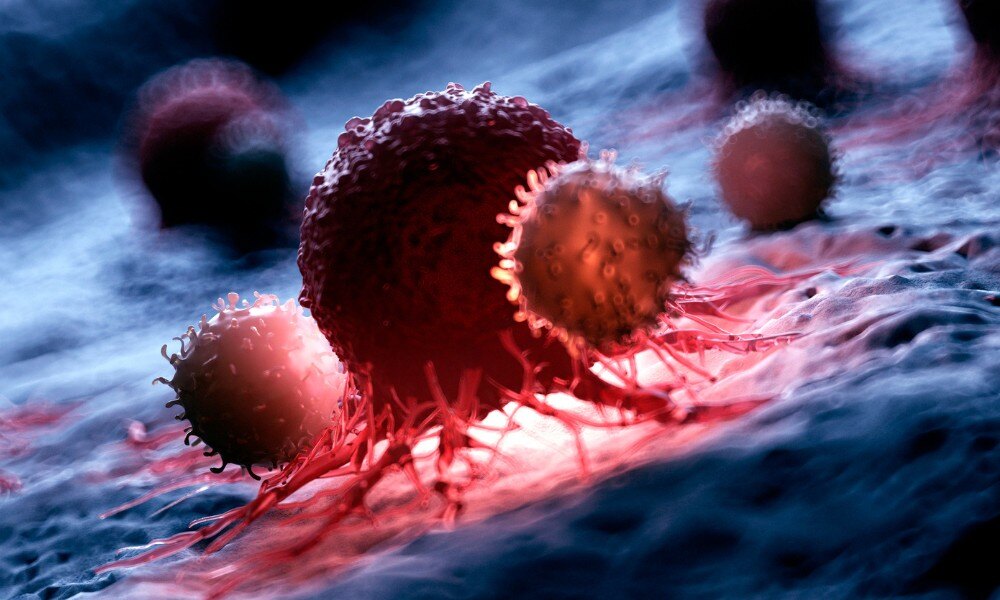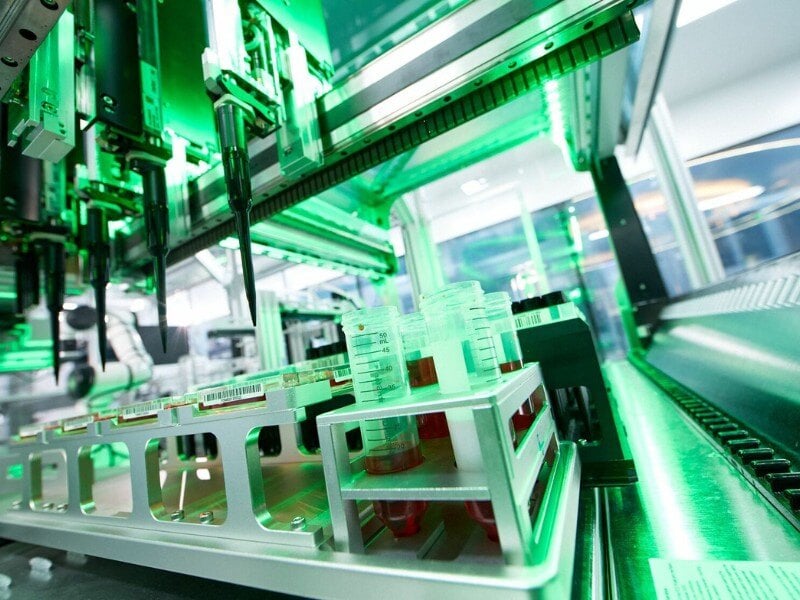Sensei Bio Presents Preclinical Data for Novel Antibody Therapeutic for Solid Tumours

Immuno-oncology company Sensei Bio has announced positive preclinical data for its headline therapeutic SNS-101. The antibody therapeutic that targets the transmembrane protein VISTA, an immune checkpoint that suppresses T cell activation.
VISTA is only active at low pHs such as in the tumour microenvironment where it is able to bind to the protein PSGL-1. Sensei’s antibody blocks the immunosuppressive interaction of VISTA with PSGL-1 in an effort to affect T cells in the TME to attack solid tumours.
Combination strategies in blocking VISTA along with other T cell checkpoint inhibitors like PD-1, PD-L1, and CTLA-4 can be highly efficacious according to preclinical data. Identifying options of blocking VISTA–PSGL-1 interaction without causing cytokine release syndrome (CRS) and target-mediated drug disposition (TMDD) were among the goals of the study.
“New crystal structure analysis further elucidates the antibody’s mechanism of action, showing that SNS-101 directly blocks the pH-dependent interaction between VISTA and PSGL-1,” said Edward van der Horst, Chief Scientific Officer of Sensei Bio.
The immuno-oncology company has said that it expects to submit an Investigational New Drug (IND) application for SNS-101 before the end of April 2023. A phase I/II clinical trial is also anticipated for 2023, subject to regulatory clearance.
Sensei showcased their data in a presentation entitled ‘Next Generation Antibody Therapeutics: From Discovery to Patient’, which van der Horst delivered. The presentation, which has been summarised as a poster on the company’s website, highlights crystal structure analysis of SNS-101 which elucidates the mechanism of action for the drug.
Furthermore, in vitro and in vivo assays suggest the drug’s lower likelihood for causing CRS and TMDD than a non-pH-dependant antibody. An expansion of both naïve and memory T cell phenotypes in vivo and enhanced antitumour effects when in combination with anti-PD-1 antibodies were also observed.
Van der Horst continued: “Together, these preclinical data support the biological rationale for our pH-dependent approach, which we believe is key to targeting active protonated VISTA with exquisite selectivity.”
Get your weekly dose of industry news?here?and keep up to date with the latest?‘Industry Spotlight’ posts.?For other Immuno content, please visit the?Immuno Content Portal.








